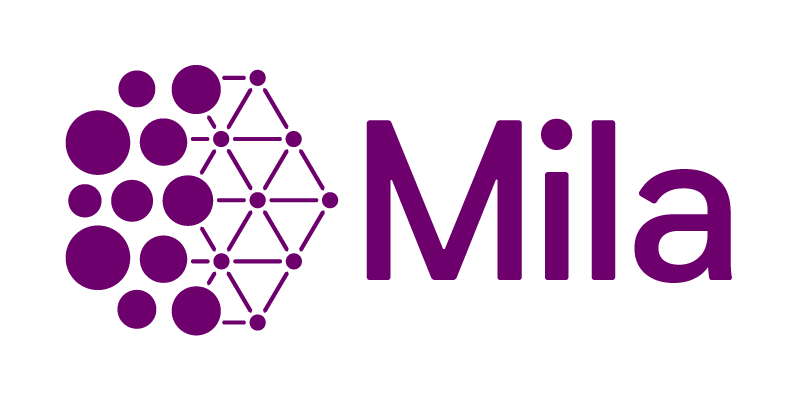Welcome to iSMART Lab
Welcome to the Innovative Solutions in Machine Learning, Artificial Intelligence, and Robotics Technologies (iSMART) Laboratory, founded and led by Prof. Narges Armanfard. Our mission is to pioneer advanced algorithms in artificial intelligence, with expertise in computer vision, time series analysis, tabular data, large language models, visual language models, and physics-informed modeling. Below are our primary areas of focus:
Theoretical Artificial Intelligence: At the iSMART Lab, our research in Theoretical AI is dedicated to exploring foundational principles and pioneering methodologies to advance artificial intelligence technologies. We investigate a broad spectrum of theoretical domains, including attention mechanisms, dimensionality reduction, and time series analysis. Our work also extends to computer vision, where we develop techniques to enhance the interpretation and understanding of visual data. Our research encompasses various learning paradigms such as unsupervised learning, clustering, anomaly detection, reinforcement learning, and inverse machine learning. Additionally, we focus on multi-task and multi-modal learning, as well as self-supervised approaches. Through advancing these theoretical concepts, we strive to improve the robustness, efficiency, and interpretability of AI systems, thereby fostering significant innovations and applications in the field.
Artificial Intelligence in Industry: In the realm of AI in industry, the iSMART Lab leads the integration of artificial intelligence to drive transformative advancements across diverse applications. Our research emphasizes optimizing operations, enhancing efficiency, and ensuring safety and quality within industrial environments. We develop advanced machine learning algorithms and intelligent systems that facilitate automation, predictive maintenance, and process optimization. Whether in autonomous driving technologies, manufacturing processes, or other industrial applications, our work showcases AI’s potential to revolutionize industry operations. By addressing complex challenges and exploring innovative solutions, we assist companies in achieving greater productivity, reducing costs, and fostering innovation across various sectors.
Artificial Intelligence for Healthcare: The iSMART Lab is dedicated to revolutionizing healthcare through cutting-edge AI technologies. Our research aims to enhance diagnostic accuracy, optimize treatment plans, and improve patient outcomes. We develop sophisticated AI algorithms that leverage machine learning, data analytics, and predictive modeling to support early disease detection, personalized medicine, and efficient healthcare management. Our collaborations with healthcare institutions ensure that our technological advancements translate into tangible benefits for patients and medical professionals, driving real-world improvements in patient care and medical research.
We extend our gratitude to McGill University, Natural Sciences and Engineering Research Council of Canada (NSERC), Fonds de recherche du Québec (FRQ), MITACS, SCALE AI, Canada Foundation for Innovation (CFI), Nissan, Bombardier, Ericsson, Algoma Steel, Preteckt, Trimac, CSCanada, C3RIOS, DMZ Ventures, Agewell, Montreal Neurological Institute (MNI), Jewish General Hospital, Canadian Institutes of Health Research (CIHR), National Research Council Canada (NRC), Surftec, and University Health Network UHN for their invaluable support.



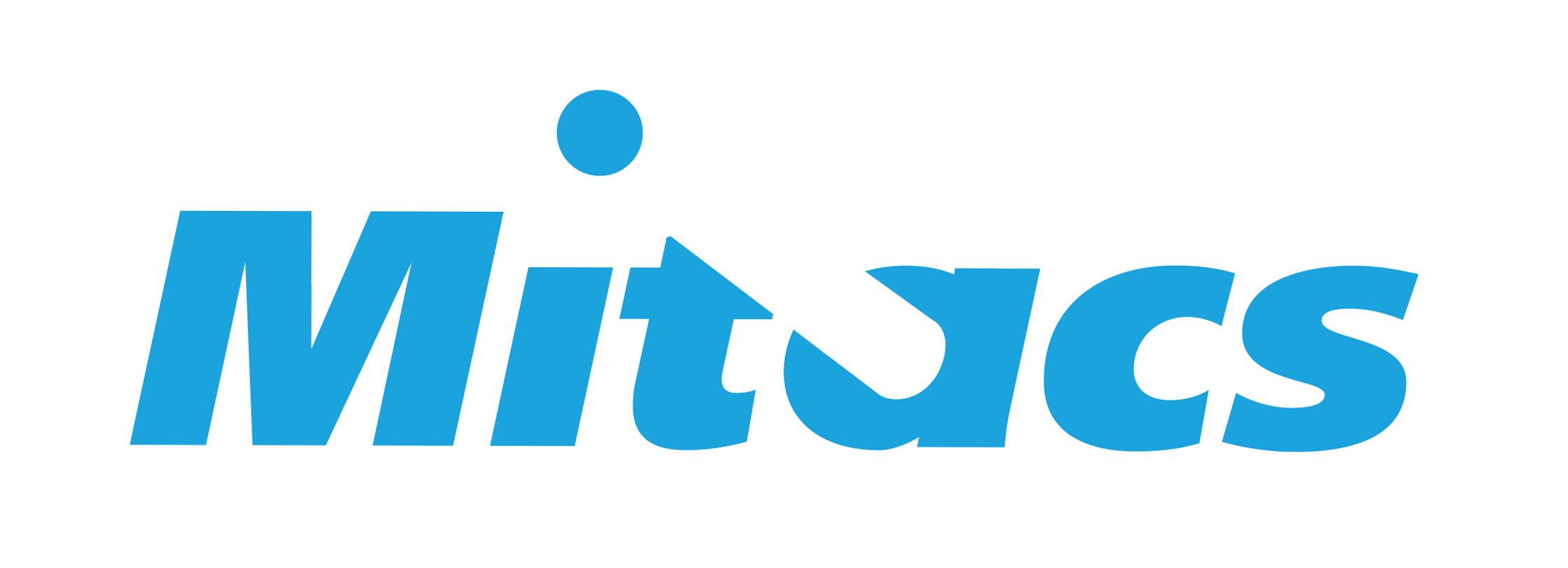
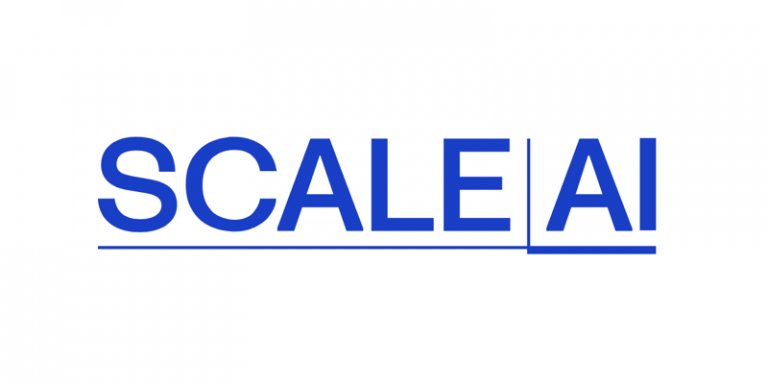













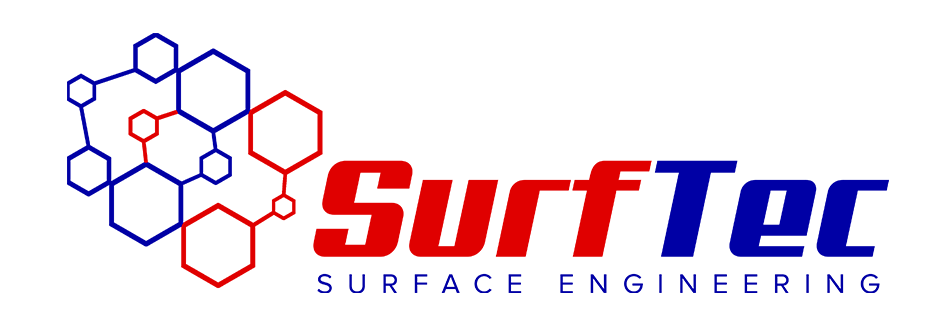


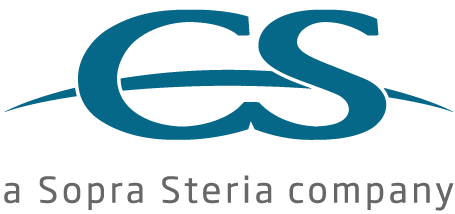



Highlights
Nov 2025Delighted to announce that our paper, MultiTab, has been accepted to the top-tier CORE A* conference AAAI 2026! We introduce MultiTab-Net, the first multitask transformer for large tabular datasets, together with MultiTab-Bench for deep, systematic multitask evaluation. Huge congratulations to Dimitri and the whole team!
Sept 2025Thrilled to announce that the iSMART Lab has been invited to run a one-day workshop on Anomaly Detection at the prestigious CORE A* AI conference, AAAI 2026, in Singapore. We warmly invite researchers, industry professionals, and stakeholders to participate, submit their original studies, and reach out if they are interested in being included as speakers. More details can be found here.
Aug 2025Congratulations to Zihan for successfully completing his MSc thesis on Zero Shot Anomaly Detection with prompt learning. Great job, Zihan!
July 2025Our recent study on Zero-Shot Anomaly Detection with Prompt Learning (PILOT) has been accepted at the prestigious Rank A AI conference, British Machine Vision Conference (BMVC 2025). Congrats to Zihan and the entire iSMART team.
July 2025Our research work on Language-Guided Reinforcement Learning for Attention in Few-Shot (LaHa) has been accepted at the prestigious Rank A AI conference, British Machine Vision Conference (BMVC) 2025, to be held in Sheffield. Kudos to Bahar and the whole team for this outstanding contribution!
May 2025TSAD‑C — a pioneering framework for handling label‑level noise in sensory time‑series anomaly detection—has been accepted for publication at the prestigious Rank A AI conference, Uncertainty in Artificial Intelligence conference (UAI 2025), one of the premier venues in AI research. The work introduces a practical method that remains robust even when the training data itself is contaminated with anomalies. Congratulations to the iSMART team!
April 2025Our in-depth study, Graph-based Time Series Anomaly Detection, has been accepted for publication in IEEE Transactions on Pattern Analysis and Machine Intelligence (TPAMI) — one of the most prestigious venues in machine learning. This comprehensive, textbook-style work provides a definitive treatment of graph-based approaches to time series anomaly detection. Congratulations to Khanh and the entire team!
April 2025We are being awarded two prestigious and highly competitive NSERC (PGS and CGS) awards in support of our research studies on Time series Data Analysis and Inverse Machine Learning. Congratulations to Thomas, Aman, and the iSMART team!
Mar 2025We successfully held our half-day workshop at WACV 2025 in Tucson, Arizona, focusing on Anomaly Detection. The session highlighted recent advances in foundational models and self-supervised learning. Special thanks to our outstanding keynote speakers and the organizing team. For more details, see here.
.svg)

